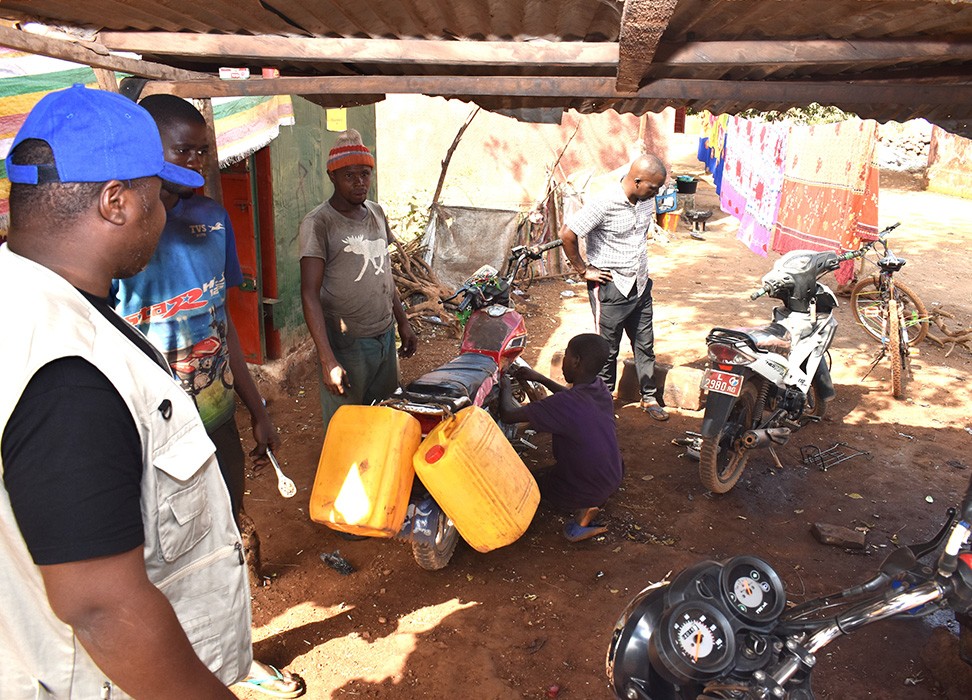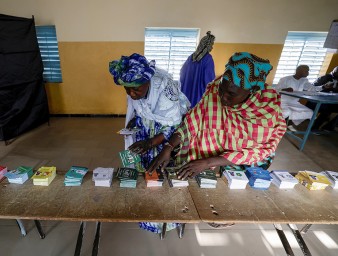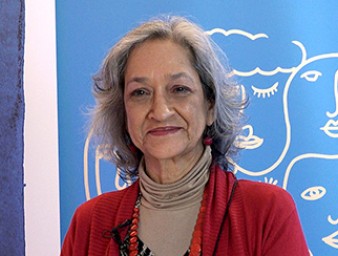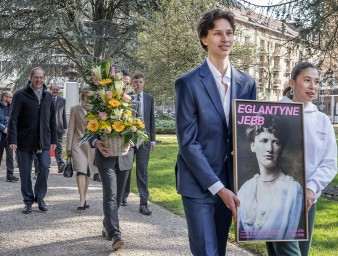Child trafficking in West Africa: A chance to return home
02 July 2024

When Mamadou Diallo was about 13 years old in the Republic of Guinea, his family wanted him to get an education to have a better future and avoid a life of poverty. Originally from the village of Cogon in Wendou Mbour, over 200 km from Conakry, his parents sent him to Senegal, along with other children from his village.
“When we arrived, we were diverted from our tutor, who sent us to beg in the back alleys of the capital, Dakar, and I had to live on the streets for over five months,” Diallo said.
It was a difficult period because it was during the COVID-19 pandemic, which has greatly exacerbated the vulnerability of children, according to Aminata Kebe, a Human Rights Officer at the UN Human Rights’ West Africa Regional Office. This challenge prompted the Senegalese government, through the Ministry of Women, Family and Child Protection, to take urgent measures to protect children from the dangers associated with COVID-19, Kebe added.
According to UNICEF, children make up almost a third of all human trafficking victims worldwide.
Diallo’s nightmare quickly turned around when he was rescued from the streets of Dakar and reunited with his family in the Republic of Guinea, due to the support of UN Human Rights’ Protection of Children Victims of Human Rights Violations (PAPEV) project. Through the PAPEV project in Senegal, the UN Human Rights’ West Africa Regional Office team are bringing street children back to their home and providing services to help them reintegrate into their communities.
With financial support from PAPEV, his family was identified and contacted in Guinea through the transnational mechanism for the protection of children in unaccompanied mobility (RAO). RAO is a network for the protection of children and young people in vulnerable situations in the ECOWAS region and Mauritania. It is a transnational mechanism for coordination and cooperation led by social actors in partnership with judicial and administrative stakeholders in different countries for the referral, care and protection of vulnerable children on the move in West Africa.
“When we informed his parents of the deplorable conditions in which their child was subjected, they welcomed the idea of his return,” said Raymond Diara Feindouno, OHCHR Coordinator of the PAPEV project in Guinea.
“
A [child’s] return to his or her family doesn't always go so well, as some very poor parents prefer to let their children beg to escape the burden of providing for them.
“
Raymond Diara Feindouno, National Coordinator, PAPEV Project
Diallo was 13 years old, when he returned to Guinea with about twenty other children who were also trafficked without their parents’ knowledge. On their arrival, they were welcomed by the Minister of Women and Social Affairs, who, in conjunction with national partners, placed the children in a transit center that is managed by the National Directorate for Children (Direction Nationale de l'Enfance, DNE).
After an assessment of his educational and family situation by DNE social workers, Diallo was referred to a motorcycle mechanics training course in Boké to gain a qualification that will enable him to get a job when he reaches adulthood. With financial support from PAPEV, he received a school kit and material worth USD $350 for his apprenticeship.
Mamadou Bah was 12 when he was reunited with his family with the support of PAPEV in Gueldhey/Sangarédi, about 400 km from the capital of Conakry. He was provided an apprenticeship where he received electrician training. The project also supported him with a school kit and equipment worth USD $280.
Diallo and Bah were identified during a mission organized by UN Human Rights and the PAPEV team in February 2024 in BoKé, around 300 km from Conakry, as part of a follow-up visit to locate children in Senegal who were victims of trafficking and forced begging, and returned to Guinea.
Since 2019, the project has helped more than 2,000 children identified in Senegal (including 175 children from neighboring countries), in ensuring their reintegration into their families. The project particularly focused on the assistance for 175 children to return safely to their countries and their families. Professional training was provided to 146 children to support their professional and economic reintegration.
Due to this support, 169 childcare and learning facilities have been equipped with food and non-food items and educational material in the countries covered by the project. So far, 1,050 legal actors and social workers were trained by child psychologists and judicial experts on legal and psychosocial support for vulnerable children.
A fresh start
The project is in its second phase since January 2024, which is funded by the Italian Agency for Development Cooperation (AICS) and will benefit children in The Gambia, Senegal, Guinea, Guinea Bissau and Mali.
“This second phase will help to reinforce local community mechanisms protecting children and will put an emphasis on the rights of girls and the rights of children living with disabilities,” said Kebe, the project's regional coordinator. “The work we are doing with governmental actors and civil society will ultimately strengthen the child protection systems in West Africa.”



